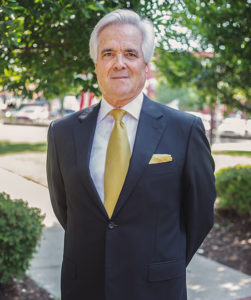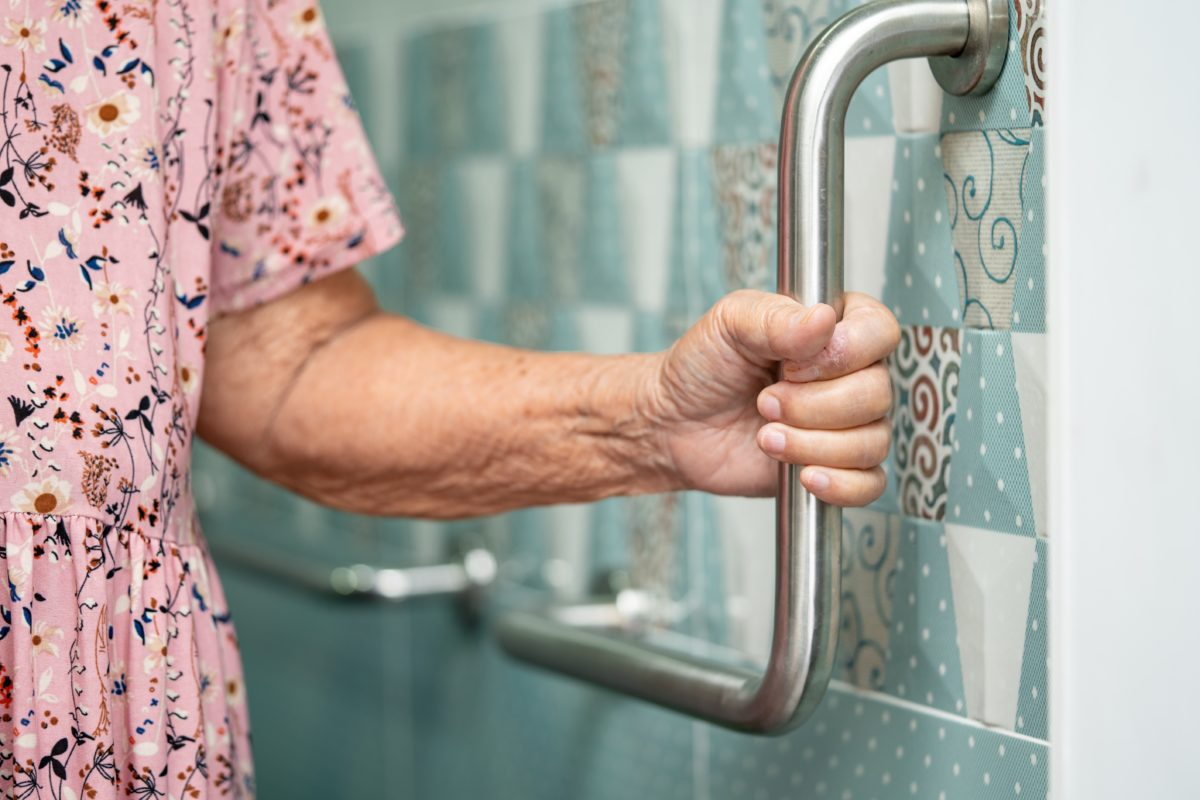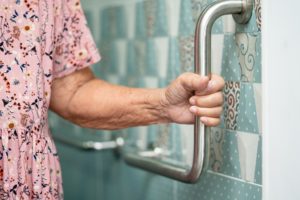We think we provide safety and care to our loved ones and possibly even ourselves when we move into a nursing home. After all, that’s the main reason for leaving your home behind, right? Sometimes though, as studies find, safety and security are less than desirable in several of these facilities. Nursing homes have very specific needs and challenges when it comes to providing protection, but those needs should always be met. The residents of nursing homes should be able to feel safe, protected, and not need to worry about the lack of security that is being provided to them.
If you or someone that you love is being cared for in a nursing home or similar setting, do you know what kind of security is in place at that facility? It’s often an overlooked factor when considering which nursing home to choose to live in, but it should be at the top of the list. Let’s take a closer look at security in nursing homes and what you can do to play an active role in making it better.
Is Security Really Needed in Nursing Homes?
Our loved ones, especially those that are unable to protect themselves, deserve to feel and be safe. Not only can outsiders be a threat to residents, but other residents can cause harm to the nursing home staff and other occupants.
Other types of needed security can include keeping track of residents and knowing where they are (out of the facility with family, attending doctor’s appointments, out for a walk). Also, safety and security should be accessible to residents if they need assistance because of a fall, medical condition, etc.
What Security Measures Should You Be Aware Of?
We can all agree that security in a nursing home is a real need when touring nursing homes or going to visit your loved one in a similar environment. So what can you look for or ask about when it comes to security? Below is a list of easy things to look for and ask about:
- Are the entryways locked and monitored as visitors enter with a standard ID/check-in area?
- Are all doors and windows locked that don’t need to be open around the entire facility?
- Is there a security guard present at all times?
- What measures are in place if an intruder were to force themselves in?
- Are alarm systems in place and working properly?
- How are patients with memory loss/dementia kept extra safe from leaving the building?
- How are the residents’ living spaces protected from other residents entering and stealing things or harming others?
- What is in place to protect residents from falls?
- How do residents call for help?
- How is medication administered?
- What is the staffing ratio? Is the facility often understaffed?
- How are staff screened before hiring?
- Which video surveillance is in place, and how is it monitored?
The list could go on and on, but if these basic questions are addressed, it’s undoubtedly an excellent place to start. Depending on the specific care that you or your loved one requires, more security and safety questions can be asked, and solutions put in place to provide the dependable care you desire and deserve.
Another useful tip is to talk to residents and their family members about the care they receive before or after touring the facility. This will give you a true sense of how things work and if people are being properly treated there.
What Could Be the Result of a Lack of Security at Nursing Homes?
The possibilities are endless for harm and danger to nursing home residents in the care of a facility providing less than adequate security. Some of the risks may include:
- Falls
- Medication errors
- Residents getting lost and possibly exposed to extreme weather conditions
- The harm done by intruders or angry visitors
- Injuries caused by violent residents
- Neglect
- Theft
- Death
How Is Security Being Improved in Nursing Homes Across the Country?
The COVID-19 pandemic highlighted some of the biggest problems and struggles with nursing home care. Families were banned from going into nursing homes during the pandemic in an effort to reduce the spread of illness. As this occurred, care that was previously given and the monitoring of patient’s overall wellbeing by family members was completely lost and all care was left to nursing home staff. The lack of support that family members could no longer give showed in devastating ways.
Besides this, staff that had been infected or even just exposed to COVID-19 could not return to work for 2 weeks, reducing the staff-to-patient ratio even more. In addition, inadequate care, limited support, and little supervision took a toll.
While lack of security in nursing homes seems like a silent epidemic sweeping the nation, people are stepping up and working hard to make a difference. In February of 2022, the President of the United States along with the Department of Health and Human Services (HHS), implemented a plan to improve the safety and quality of care in the nation’s nursing homes. This will be achieved through higher quality of care, making nursing homes more accountable, as well as making facility ownership more transparent so that individuals and families can make the best decisions.
We Can Help
If you or a loved one is not currently or hasn’t been in a nursing home setting that provides adequate security to their residents, the law office of Wormington & Bollinger stands ready to help. We believe everyone deserves to feel safe, and providing that safety to residents is the duty of nursing homes everywhere.
When that safety is not provided, you may have a case that could and should be brought forward. If you believe that the lack of security at nursing homes has resulted in harm being done or injury being caused, contact our team at Wormington & Bollinger to find out more about how we can help.





